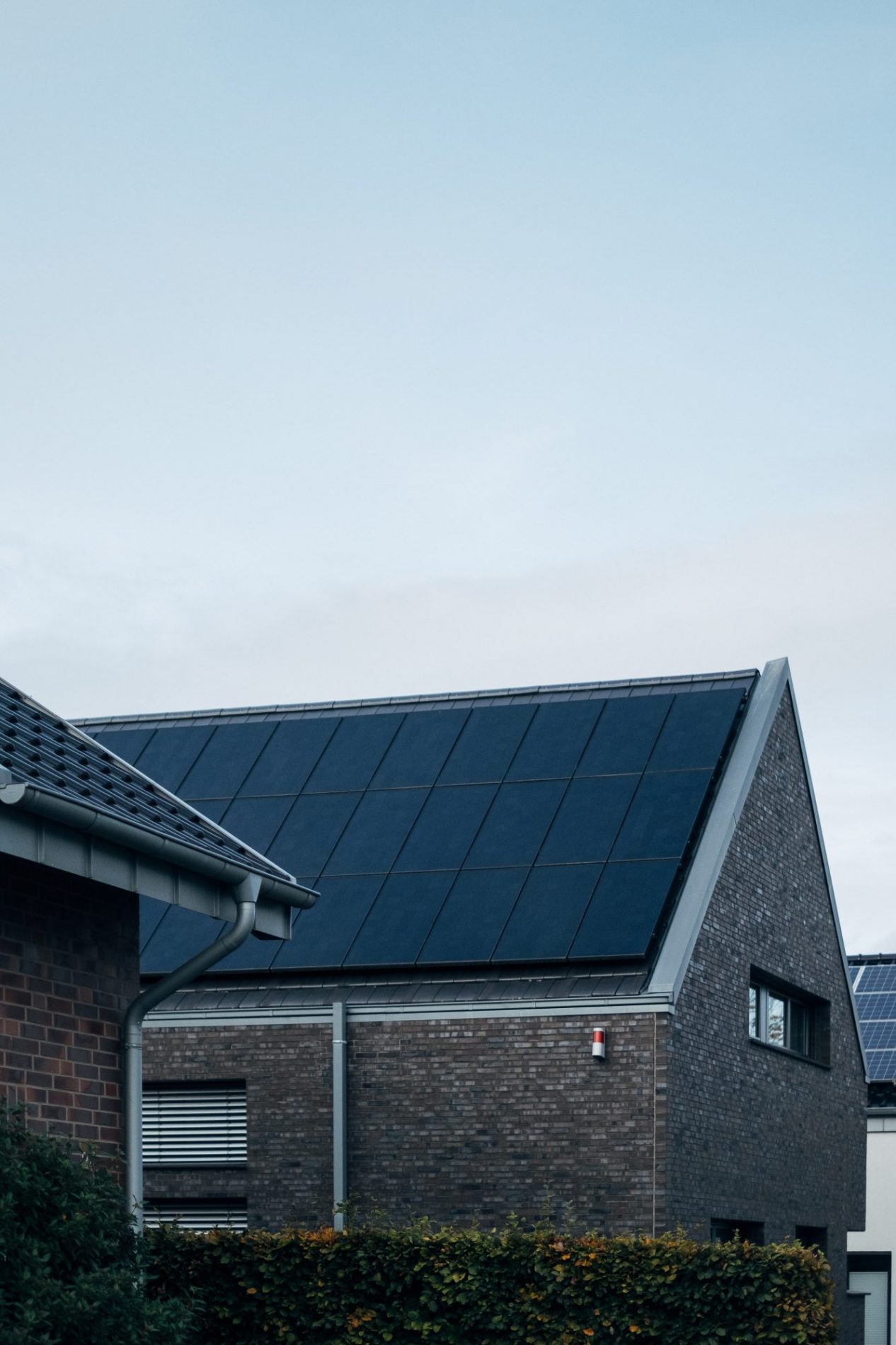
How Do You Durably Reduce Energy Consumption At Home?
The desire to reduce our energy consumption at home is not new. With every new winter, homeowners brace themselves for a hefty energy bill. Therefore, of course, keeping your energy use low means you can also reduce your costs. However, more often than not, homeowners can’t cut their consumption down without making significant sacrifices. We all know our parents’ favourite tips, such as turning the heating on as late as possible or taking cold showers to keep electricity consumption low. But reducing the household carbon footprint should not be uncomfortable. It should be smart, as All Seasons Energy shows, by offering money-saving insights and tips on energy use at home. So, how do we tackle our energy consumption durably without the pain?
Figure out if you need to pay for home improvements yourself
Reducing carbon emissions can come at a high cost for households. Indeed, energy insufficient households struggle to control their consumption, as the home structure can lead to unwanted waste. For instance, some properties may not have sufficient insulation, which can significantly increase their energy costs. Unfortunately, for some households, there’s not enough financial breathing room to provide for the necessary home improvements and reduce energy waste. However, it is worth researching the Energy Company Obligation, an energy efficient scheme that can provide financial support to British households. If you are eligible for ECO, you may be able to reach out to energy suppliers to discuss the best solution for your needs.
Make room for air circulation at home
The air inside your home plays a huge role in managing and regulating temperature. Indeed, if you have radiators installed at home, you can appreciate the importance of air movements. When the air circulates freely inside the home, the heated air can reach every corner of the room. However, when the passage is blocked, only the area around the radiator is warm, while the rest of the room remains cool.
If you accidentally block your radiator behind your furniture, for instance, you will find it difficult to heat the room. As a result, you may need to consume more energy. Similarly, if the room is crammed with clutter, the presence of obstacles obstructs air circulation. You may not have thought of decluttering and storage solutions as energy efficient tips, but it’s time to change your approach. The sooner you build an easy path for air movement at home, the sooner your energy bill will shrink!
Monitor the air humidity levels at home
Do you use an air humidity sensor at home? Most British households have a temperature thermostat but fail to track the moisture level. As mould is a big source of concern in real estate, most people have grown sensitive to high moisture levels. However, you may not realise that low air humidity could also affect your home and health. Ideally, you should keep your moisture level between 30% and 50%. When the humidity level drops below 30%, the air becomes dry. It could lead to respiratory infections and irritation as the protective mucus in the nose, throat, and lungs dries out.
Additionally, the perceived temperature drops. You might feel that your interior is colder than it is, which means you tend to increase heating, which in turn dries out the air. Dry air can drive your energy bills through the roof unnecessarily. So, if you experience dryness and respiratory discomfort, you might want to invest in an air moisture sensor. You can easily address the issue with a homemade air humidifier to replenish air moisture inside your home.
Is my gas boiler banned?
You’ve probably heard of the gas boiler ban coming in 2023. If your gas boiler is due for replacement soon, you might be concerned about your options. Does it mean you should replace your gas boiler with a low-carbon heating system already? As it happens, gas boilers will not be installed into newly built homes from 2025. However, existing homes have until 2035 to install a new gas boiler. In other words, there is no need to get rid of your existing boiler right now. While the proposed legislation aims at reducing carbon footprint in the long term, getting rid of a functioning appliance now would be counterproductive, leading to environmental waste and a serious dent in your budget. In the meantime, the government plans to provide financial support from 2022 to help finance the installation of new heating systems. Besides, homeowners can also expect reduced costs for renewable energy systems and green gas in the years to come. The bottom line: Don’t rush it. A smart investment should reduce your household expenses, not drive your budget high.
Reducing your energy consumption durably is a financial puzzle. Homeowners are left to choose between financial or physical comfort and environmental considerations. It’s important to understand what your money can buy so you can protect your comfort.


